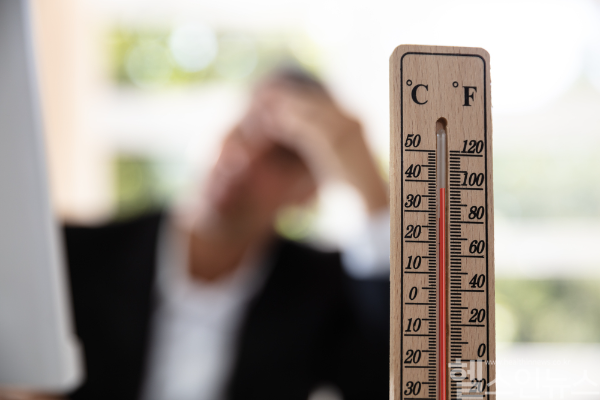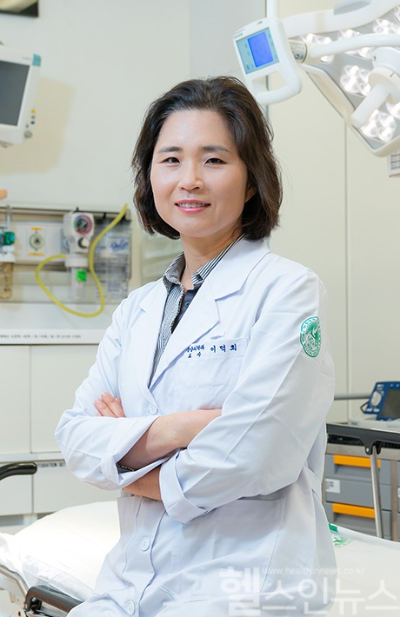야외 근로자·고령자, 외부 활동 자제 필요
Dr. Duk-Hee Lee, a professor of emergency medicine at Ewha Womans University Mokdong Hospital, underscored the risks for vulnerable groups. “Outdoor workers, the elderly, those with chronic conditions, and children are particularly prone to heat-related health issues,” he said. “Frequent hydration, resting in shaded areas, and taking cool showers are essential safeguards.”
The Korea Disease Control and Prevention Agency (KDCA) reported 1,228 cases of heat-related illnesses from May 15 to July 8, with eight fatalities. Daily cases surpassed 200 for the first time since August 2018, and cumulative cases reached 1,000 earlier than any point since the KDCA launched its heat-related illness emergency room surveillance system.
Outdoor settings accounted for 81.1% of cases, with workplaces (28.7%), agricultural fields (14.4%), and roadsides (13.9%) being the most common locations. Individuals aged 50 and older made up 61.1% of cases, with those over 65 comprising 33.6%.

Heat-related illnesses, encompassing heatstroke, heat exhaustion, heat cramps, heat syncope, and heat edema, are acute conditions triggered by prolonged exposure to high temperatures. If untreated, they can pose life-threatening risks. Symptoms include headaches, dizziness, nausea, and altered mental status.
Preventive measures include avoiding outdoor activities during the hottest hours (noon to 5 p.m.), staying hydrated with regular water intake, resting in shaded areas, and taking cool showers. Coffee and alcohol, which can exacerbate dehydration, should be avoided in favor of water or electrolyte drinks.

Dr. Lee offered critical advice for managing symptoms. “If you experience headaches, dizziness, or nausea in extreme heat, immediately seek a cool place to rest and drink ample water,” he said. “For severe symptoms like confusion or seizures, call 119 for emergency services. While waiting, loosen clothing and use wet towels or fans to lower body temperature.”
Lim Hye Jung, HEALTH IN NEWS TEAM
press@hinews.co.kr


